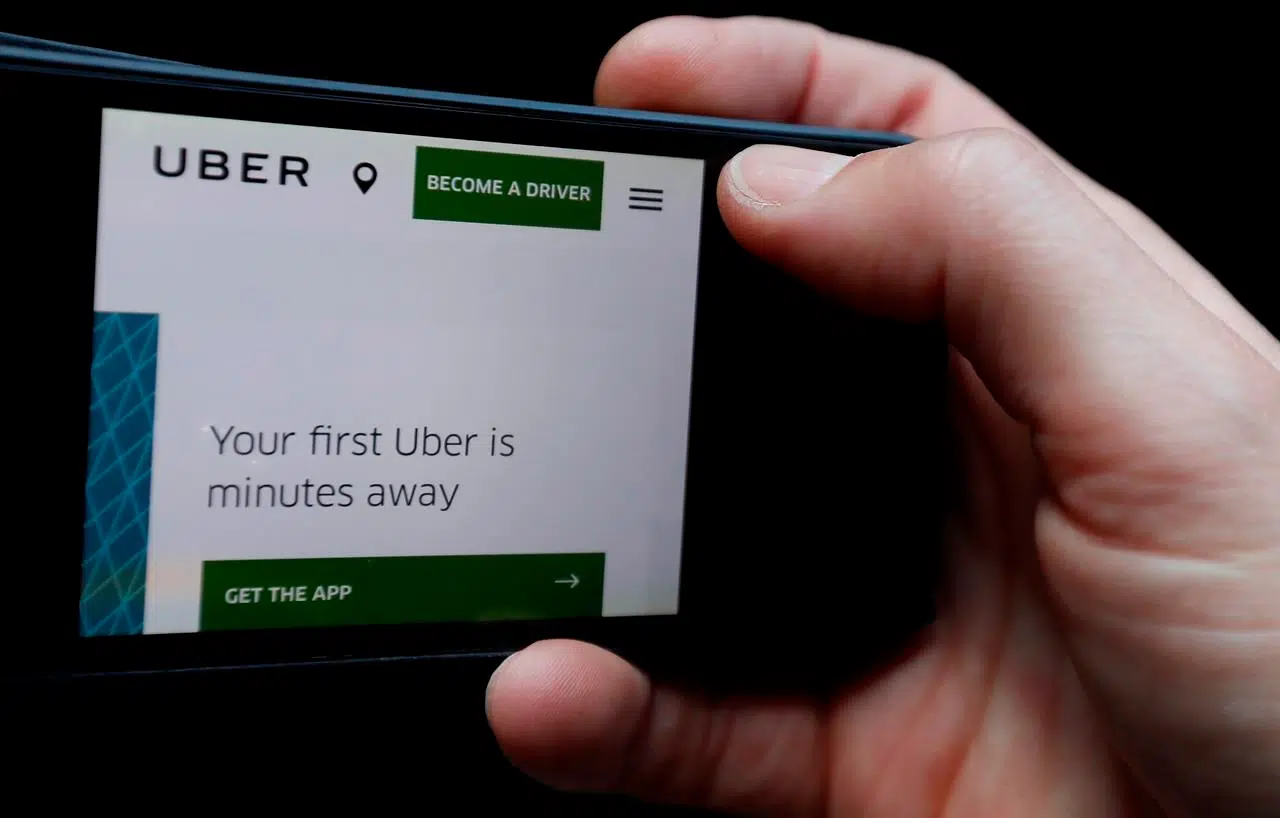
Uber wields new weapon in fight with London: diplomacy
LONDON — In past skirmishes with local regulators, Uber’s playbook under co-founder and now-ousted CEO Travis Kalanick was simple: fight.
Now, as brand-new CEO Dara Khosrowshahi deals with a stunning rebuke from London, the playbook gets another page: fight, but offer some diplomatic humility.
On Friday, just hours after Greater London’s transport authorities decided not to renew Uber’s operating license, citing a lack of corporate responsibility, Uber wound up for its first punch. Almost reflexively, it followed the familiar tactic of recruiting its mass rider base for help, starting an online petition drive to pressure regulators that now has more than 770,000 signatures. It also promised appeals and defiantly accused regulators of caving in to Taxi interests.
Then, Khosrowshahi took to Twitter. “Dear London: We r far from perfect,” he wrote. “Pls work w/us to make things right.”


